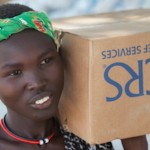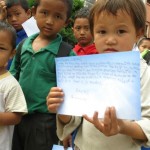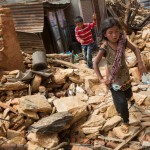Today, I continue my 100 day series remembering the twentieth anniversary of Rwandan genocide. Please join me in prayer for those lives lost and impacted in this tragedy. #NeverAgain. LMH

In my ongoing look at the Rwanda twenty years after the genocide, I looked today at the article “This Is Resilience” which appeared on April 4th in The Atlantic. The article notes the wicked spread of HIV following the genocide and the hopeful recovery two decades later:
Just two decades later, that life expectancy has doubled. Vaccination rates for many diseases are now higher than those registered in the United States—more than 97 percent of Rwandan infants are immunized against ten different diseases. Child mortality has fallen by more than two thirds since 2000. New HIV infection rates fell by 60 percent between 2000 and 2012, and AIDS-related mortality fell by 82 percent. HIV treatment is free.
This article in The Atlantic is helpful both for the retrospective look it takes at the post-genocide health care crisis in Rwanda and for the optimistic tone it takes in detailing the progress Rwanda has made twenty years later. But the last statement of the article leaves me troubled — I challenge you to head over to The Atlantic, to read it, and to let me know what you think.











